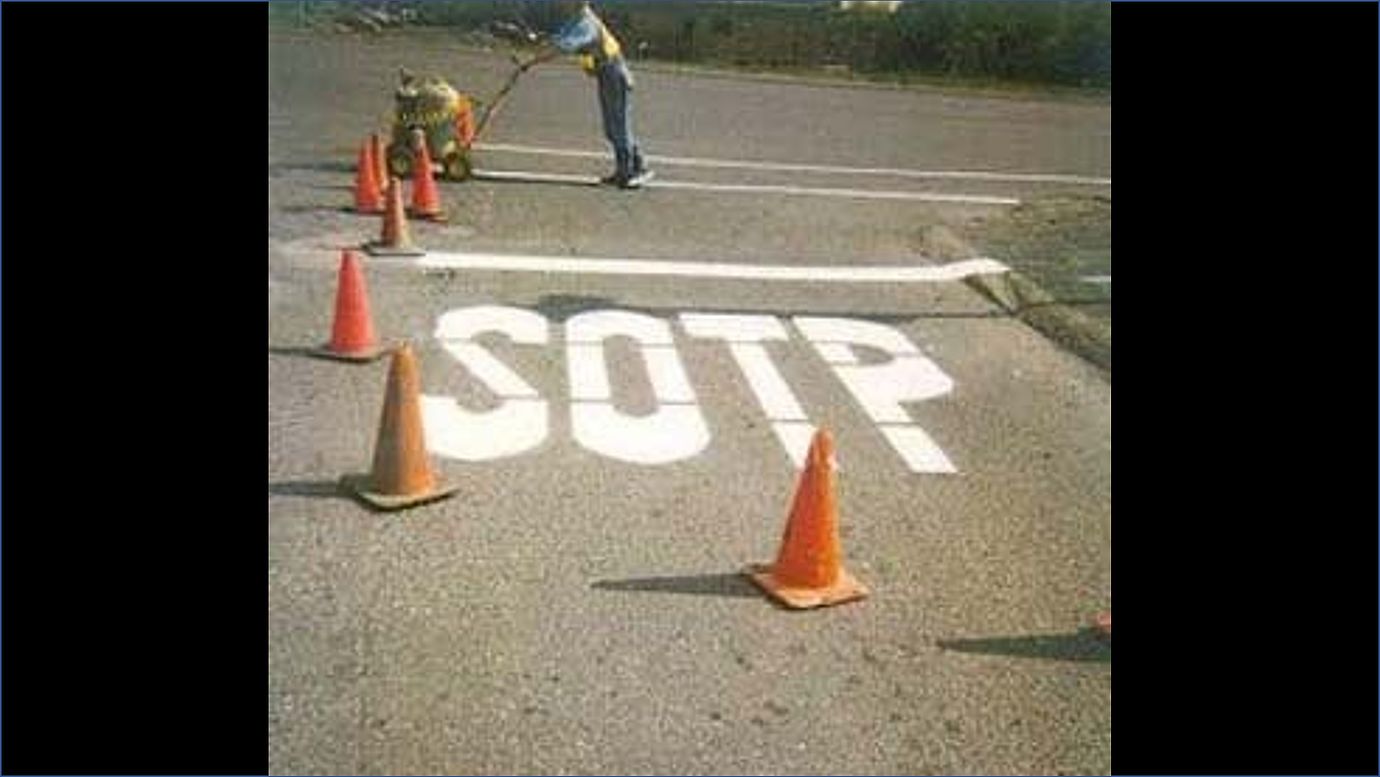The vacation season invites and provides an occasion for contemplative thinking about things that often get short shrift in everyday life. In this blog post, I would like to give all those who don't like to pack books in their suitcases some food for thought. Thoughts that have what it takes to strengthen self-management in a deck chair or at a dreamy beach bar overlooking the ocean. If there are managers among the readership, they will also make them fit for a corporate culture that leads to more relaxed and efficient cooperation. If you yourself are a manager in an agile company or in a high reliability organization, however, these thoughts already have the character of a duty. Whether you want to do this to yourself during the vacations is, of course, up to you.
Attribution Bias
In the context of managing errors, the attribution bias is of particular importance. It states that we have a tendency to attribute others' mistakes to their incompetence and that we justify our own mistakes by the circumstances in which they occurred.
Looking at the picture can help us get to the root of the matter. You may have doubts about the abilities of the road markers who did the work. Do not let yourself be distracted by any empathic feelings that may arise. These are probably due to the fact that the visible damage is very small and that you are neither responsible for the mistake nor for the qualification of the performers. Now, nevertheless, imagine that you are the manager of these very workers. This helps. Imagine further that you had to take them to task. How would you argue?
Think for a moment before you read on.
What do you think you would hear from the workers in this conversation? Let me give you a possible answer here on their behalf: "We are sorry that this mistake happened, it was never our intention. It is the first time that something so stupid has happened to us. But today we were exposed to a special stress. The dispatcher failed to assign us the third man for the job, who was otherwise designated for the job. Then we found out only on the spot that the police had not been notified for the necessary traffic signalization and we had to make up for it. Last but not least, we had to refuel our vehicle on the way to the site. This was necessary because the team that had used this truck yesterday, contrary to the customs in our company, had not done so.”
Self-Management
Take this answer as a tool for your personal reflection on the case. Do you succeed in understanding it factually? By that I mean, do you hear exactly what the employees said? Can that be authentic to you, or do you see behind it more of an attempt to make excuses? If so, why would the employees tell you a story that does not correspond to reality? After all, they only do that if they have to fear being blamed for their unintentional actions. In turn, they will only do so if they have previously experienced that this is the normal reaction to errors in your company. However, since you consistently react differently when it comes to work errors and honest mistakes, because you can trust your employees, the marking crew's response matches reality quite well.
So, you've managed to clear the first hurdle.
And now comes the second. It is no less challenging. Do you see that the causes for the unintended result can also be found in the context in which the marking work took place? External time pressure. Lack of resources. Can you imagine that this makes you, as a manager, part of the story? After all, you are responsible for the systemic, contributing factors. If you see this responsibility, then you have taken the second hurdle. Congratulations! You have just successfully defended yourself against the attribution bias. You have succeeded in not simply understanding mistakes with the inability of others.
The third hurdle
If you now succeed in making it clear to the workers that you are responsible for the systemic causes and that you will do your part to eliminate them, you will have cleared the third hurdle. You have succeeded in not justifying your own mistakes with the circumstances in which they arose. You have refrained from making excuses to try to cover up your failures as a manager with outside influences.
Of course, your exemplary reflection does not absolve employees from taking responsibility for their actions. It makes a huge difference, however, how they take it. Whether they feel guilty and accept negative effects on their qualifications, or whether they develop suggestions that will help them avoid making the same mistake again in similar situations in the future. If you as a manager succeed in valuing such contributions from your team, this would be a reason to be hired by you as an employee.
A whiff of change is in the air
The relentless dealing with attribution bias is an excellent way to stay fit, especially as a leader on a day-to-day basis. It's a recipe for building trust, and it has the potential to turn your company into a learning organization with a Just Culture. Thus, well prepared, you can resume your work with confidence after the vacations, because with these intentions in mind, things will change for the better in your environment. You could almost say that the vacation was worth it.



